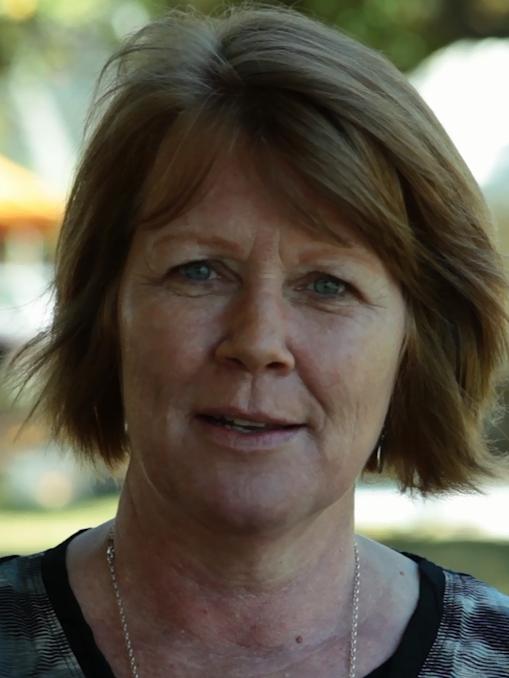Shelter SA says making homeless women attend open inspections and apply for multiple properties a week is cruel
Homeless women say they are being forced to attend multiple housing inspections a week or risk losing their emergency accommodation, as part of requirements deemed as “cruel and unattainable”.
SA News
Don't miss out on the headlines from SA News. Followed categories will be added to My News.
Forcing homeless women to attend multiple housing inspections a week or risk losing their emergency motel accommodation is “cruel and unattainable”, a peak housing body says.
Shelter SA executive director Dr Alice Clark said she was shocked vulnerable women were still being made to meet onerous SA Housing Trust requirements, or be evicted.
The Advertiser this week revealed women were applying for 10 rentals a week and attending multiple open inspections, in order to stay in emergency accommodation.
Dr Clark last year advocated for such requirements to be removed from the policy, which was distributed to service providers, and “thought the matter had been resolved”.
“I nearly fell off my chair to read this is still happening,” Dr Clark said.

“To have a mutual obligation requirement for them to attend any number of open inspections is cruel and unattainable for many women.
“I don’t think with a job, a car and no young children accompanying me, I would be able to attend 10 opens a week.”
Dr Clark said attending open inspections was a “waste of time” as agents rejected applications if the rent was 30 per cent higher than their income.
“These women are doomed, they’ll never be able to afford these houses,” she said.
“The housing they need is public housing which we clearly don’t have enough of, so they’re stuck in motels for months on end.”
A government spokesman said emergency accommodation is the last resort in the provision of shelter and, by its very nature, is designed for short-term stays.
“When people first access emergency accommodation they are given an initial 7-night stay,” he said.
“Within this 7-day period, a case manager works with the customer and determines whether the specifics of their case, needs, affordability and suitable housing options.”
At the end of the seven nights, it is an expectation that clients make “all reasonable attempts” to apply for properties or find their own private housing solution.
This is decided on a case-by-case basis taking into account factors such as income, abilities and dependents – and the spokesman said there is no formal requirement to apply for a specific number of properties.
“People are only expected to apply for properties they can afford and those where the rent is no more than 30 per cent of their income,” he said.
“With that in mind, people are asked to make a realistic attempt to inspect and apply for rentals. And if they are struggling there are support workers available to help.”
Emergency accommodation hotels and motels have their own specific sets of rules including a requirement that clients keep their room clean and that they do not engage in disruptive behaviour.
Emergency accommodation is managed by service providers which are contracted by the SA Housing Trust, while all other homelessness services are the responsibility of the Department for Human Services.
Last financial year, more than $15m was allocated towards emergency accommodation – which provided a total of 84,184 nights.
The year before, $11.47m in funding was used to provide 69,671 nights.
There was $100m allocated to homelessness services across the state.
The Advertiser contacted upwards of 10 homelessness services to ask whether they provided the accommodation.
The only one to reveal specific numbers was Vinnies, which said it operates a 20-room crisis centre for women and a 41-room crisis centre for men.
Last financial year, its centres helped 228 women, 224 children and 264 men.
Vinnies urged a compassionate approach to rules and criteria for those in emergency accommodation.
“We would hope that any rules/criteria imposed by third parties are sympathetic to the needs of people seeking accommodation, who are often experiencing multiple life challenges that impact their ability to cope with some measures,” a statement said.





